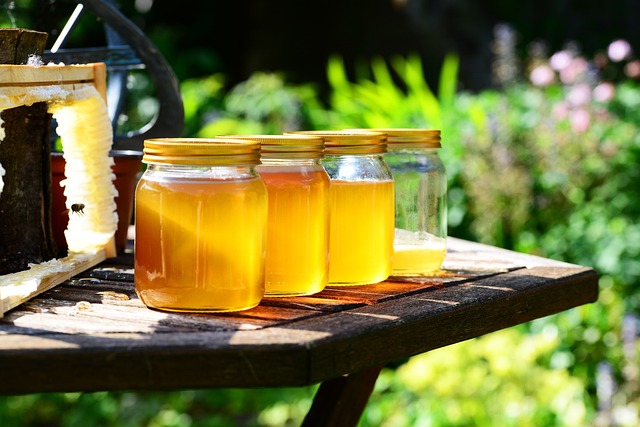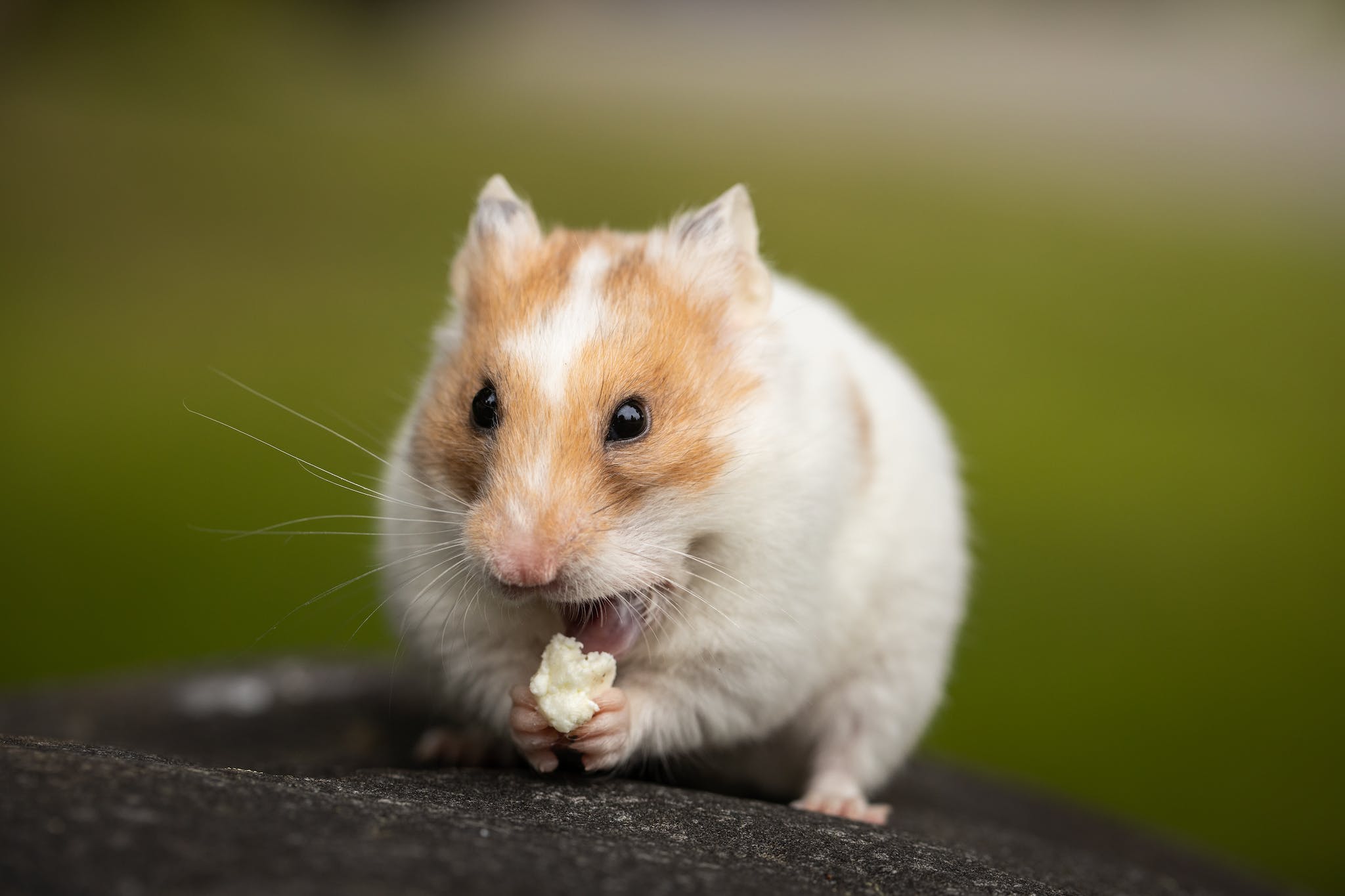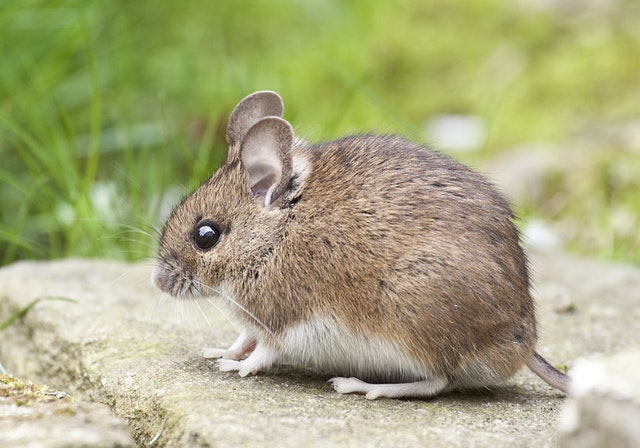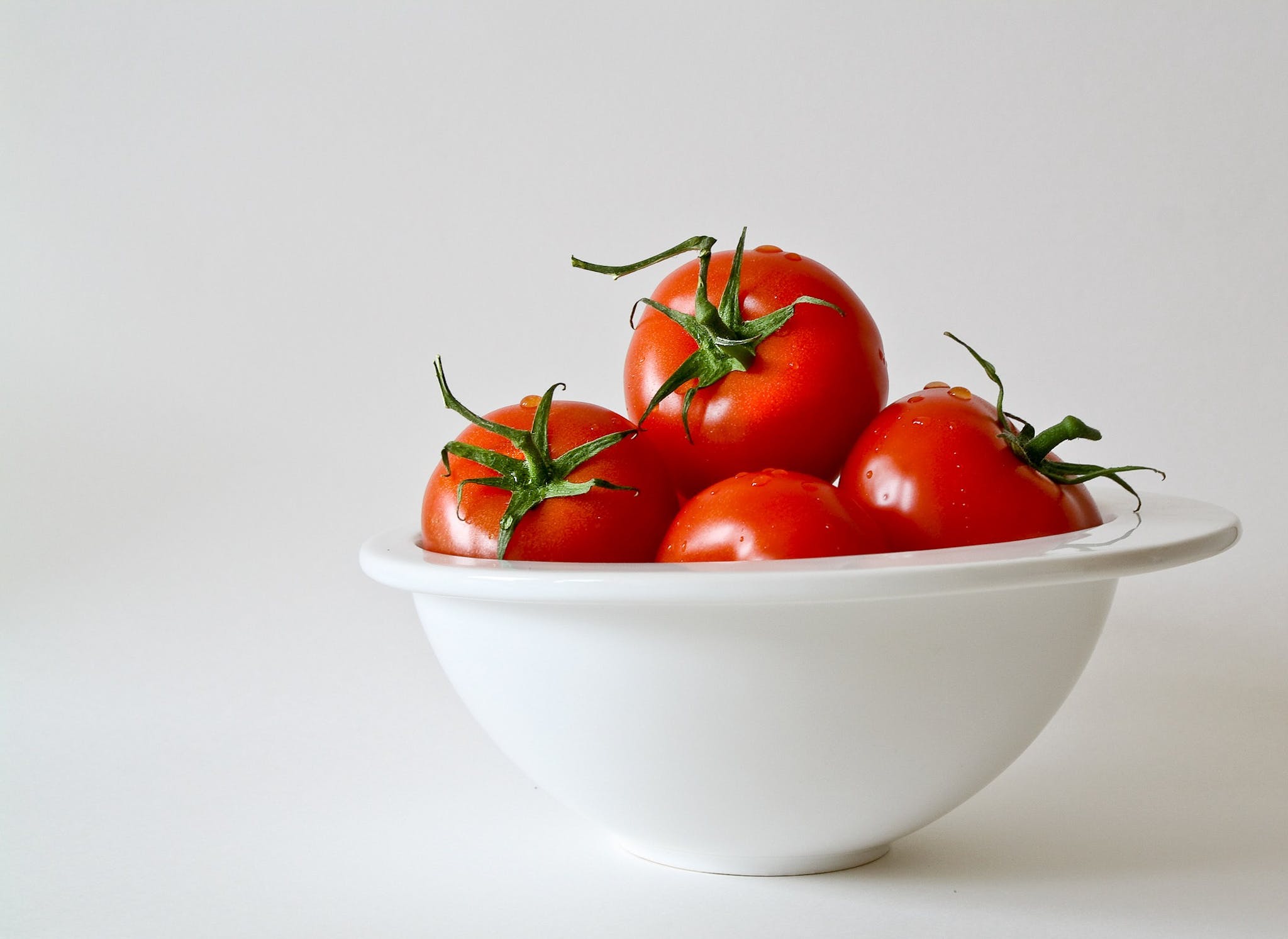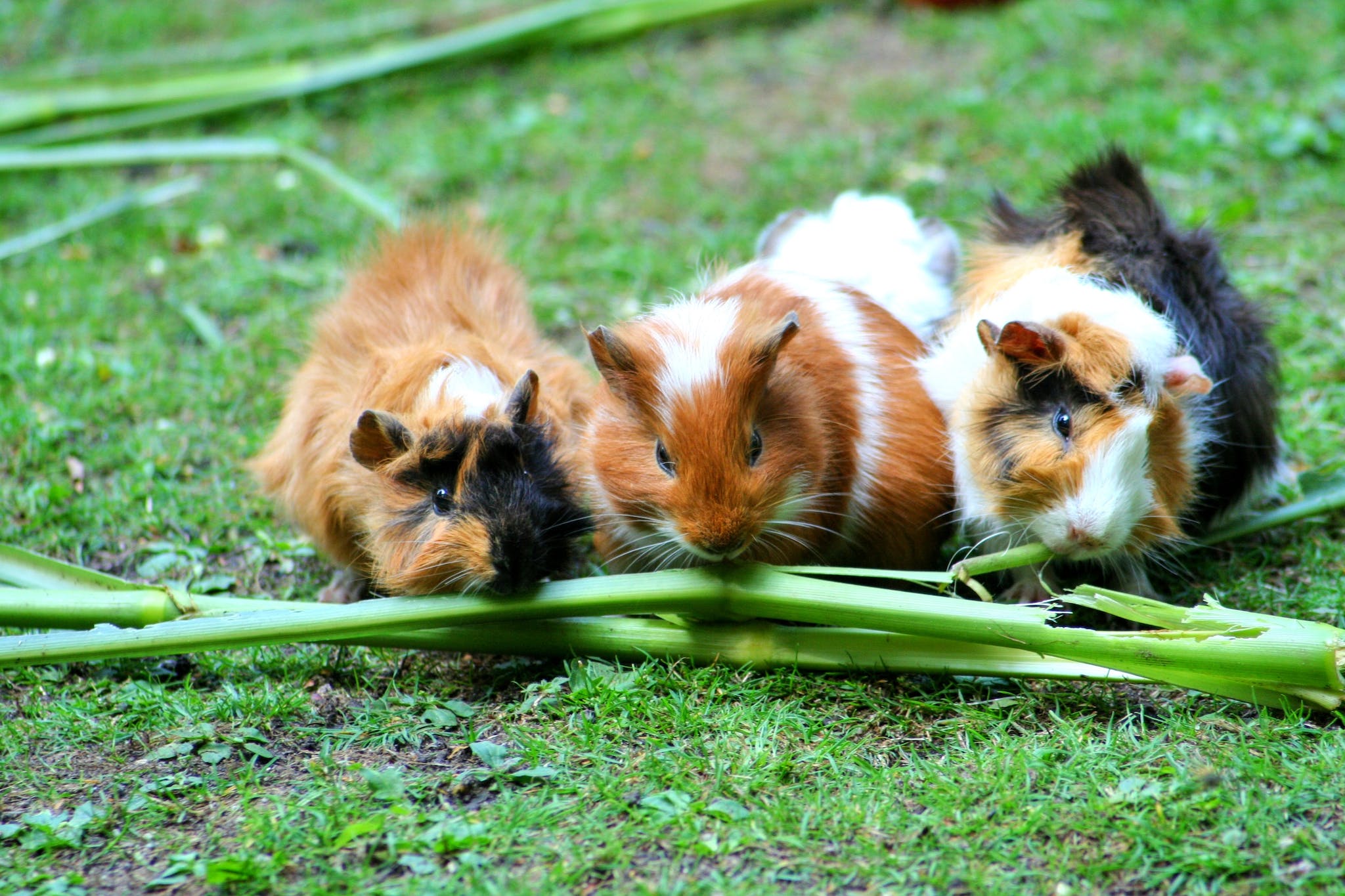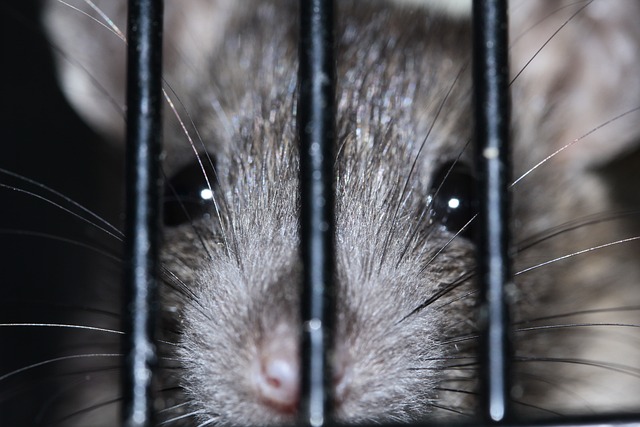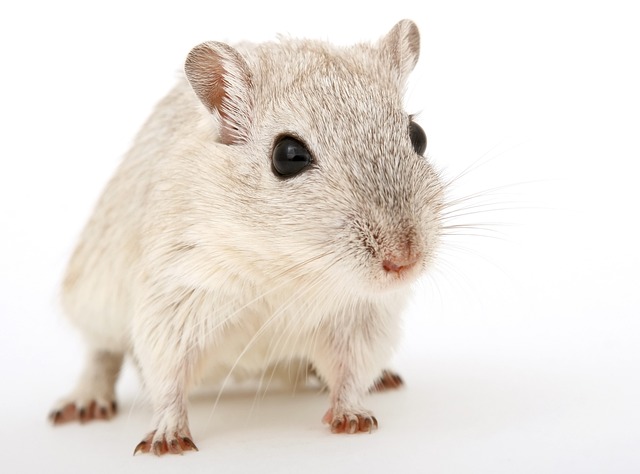Can Guinea Pigs Eat Honey? The Surprising Truth
There are some affiliate links below, but they are all products I highly recommend. For more info, view my disclosure here.
As guinea pig owners, it’s natural to want to mix up our pets’ diets and give them a variety of healthy treats. However, it’s important to remember that not all human foods are safe for guinea pigs to eat. One common question among guinea pig owners is whether or not it’s okay to give their pets honey.
Below, we’ll look into the potential risks of feeding honey to guinea pigs. We’ll also discuss safe alternatives for satisfying your guinea pig’s sweet tooth. By the end of this article, you’ll have a clear understanding of whether or not honey is a suitable addition to your guinea pig’s diet.
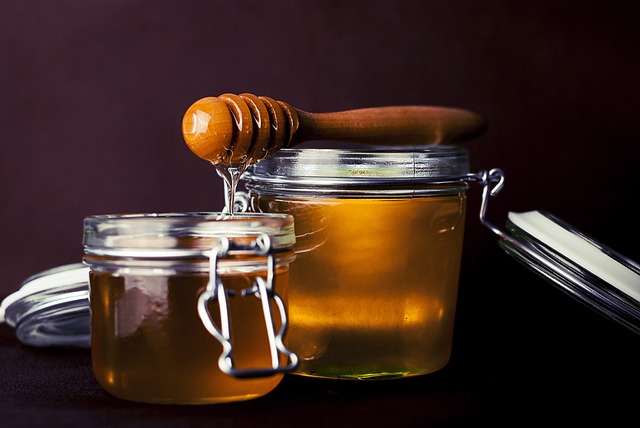
Can Guinea Pigs Eat Honey?
The short answer is no, guinea pigs should not consume honey. While it might seem like a sweet and healthy treat, honey has a high sugar content and is low in essential vitamins and nutrients that guinea pigs need. Its high sugar content can be harmful to their digestive systems and may lead to obesity and other health problems.
Additionally, honey lacks the vitamin C and other essential vitamins that guinea pigs require to stay healthy. For these reasons, it’s best to avoid giving your guinea pig honey and instead opt for safer and more nutritious treats.
Why Guinea Pigs Shouldn’t Eat Honey
There are several reasons why guinea pigs shouldn’t eat honey:
High sugar content: Honey has a high sugar content, which can be harmful to guinea pigs’ digestive systems and lead to obesity and other health problems. Guinea pigs are herbivores and their digestive systems are designed to process hay, fresh fruits, and vegetables, not high-sugar treats like honey.
Lack of essential vitamins and nutrients: Honey is low in vitamin C, which is an essential nutrient for guinea pigs. It also lacks other essential vitamins and nutrients that guinea pigs need, including vitamins A, K, and E. Without these nutrients, guinea pigs may be at risk of developing deficiencies and related health problems.
Risk of scurvy: Vitamin C is particularly important for guinea pigs, as a deficiency can lead to scurvy, a disease that manifests as diarrhea, lack of appetite, inner bleeding, and rough coat. Honey does contain some vitamin C, but not enough to meet guinea pigs’ needs and prevent scurvy.
Overall, it’s clear that honey is not a suitable food for guinea pigs due to its high sugar content and lack of essential vitamins and nutrients. It’s important to provide your guinea pig with a varied and balanced diet that meets all their nutritional needs, and honey does not fit into this plan.
The Risks of Feeding Guinea Pigs Honey
There are several risks associated with feeding honey to guinea pigs:
Poor digestion: As mentioned, honey is high in sugar and lacks fiber, which is crucial for guinea pigs’ digestion. This means that their digestive systems may have difficulty processing honey and they may experience digestive problems as a result.
Obesity: In addition to its high sugar content, honey is also high in calories and carbohydrates. This can lead to weight gain and obesity in guinea pigs if they consume too much honey. Obesity in guinea pigs can cause a variety of health problems, including diabetes, heart problems, liver problems, and more. These issues can significantly shorten a guinea pig’s lifespan.
Other health problems: In addition to the risks of poor digestion and obesity, there are other potential health problems associated with feeding guinea pigs honey. For example, the high sugar content of honey may increase the risk of tooth decay, and the lack of essential vitamins and nutrients may lead to deficiencies and related health issues.
Overall, it’s best to avoid giving your guinea pig honey due to the risks it poses to their health. While a small amount of honey may not cause any immediate problems, it’s not a healthy or nutritious choice for guinea pigs and it’s best to stick to safer alternatives.
Safe Sweet Alternatives for Guinea Pigs
While honey is not a suitable option for guinea pigs, there are still ways to satisfy their sweet tooth in a healthy way. Here are a few safe sweet alternatives for guinea pigs:
Vitamin C tablets: Vitamin C is essential for guinea pigs’ health and can be given as a supplement in the form of a tablet. These tablets can be given as a treat or added to their water to help ensure that they are getting enough vitamin C.
Sweet fruits: Fruits like honeydew melon, kiwifruit, apple, carrot, and pineapple can be included in guinea pigs’ diet in small amounts as a safe sweet treat. These fruits are high in vitamin C and other essential nutrients, making them a nutritious choice for guinea pigs. However, it’s important to remember to feed these in moderation and not as the main component of their diet.
By choosing these safe sweet alternatives, you can treat your guinea pig to something special while still ensuring that they are getting the nutrients they need. Always be sure to monitor your guinea pig’s behavior and consult with a veterinarian if you have any concerns about their diet or health.
Here’s how to create the perfect home for your guinea pig!
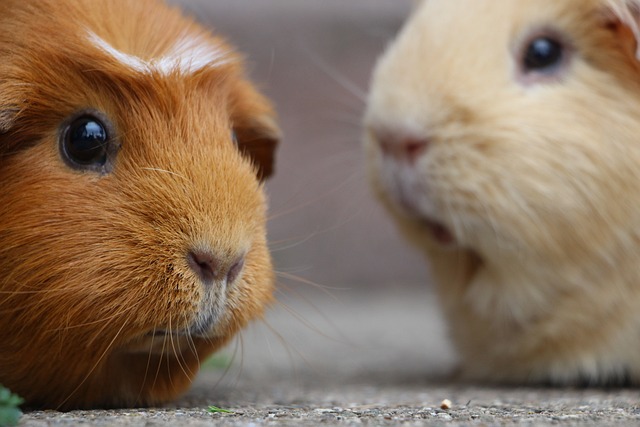
Measures to Take If Guinea Pigs Consume Honey
If your guinea pig accidentally consumes honey, it’s important to monitor their behavior and consult with a veterinarian if you have any concerns. In most cases, a small amount of honey is not likely to cause any immediate problems, but it’s still a good idea to be cautious.
If you notice any unusual behavior or symptoms in your guinea pig, such as lethargy, loss of appetite, or digestive issues, it’s important to seek veterinary care as soon as possible. These could be signs of an underlying problem that needs to be addressed.
Additionally, it’s important to remember that honey is not a suitable addition to your guinea pig’s diet and it’s best to avoid giving it to them in the future. Instead, choose safer and more nutritious treats like vitamin C tablets or small amounts of sweet fruits to satisfy your guinea pig’s sweet tooth.
Overall, it’s best to be proactive in preventing your guinea pig from consuming honey and to take appropriate measures if they do accidentally consume it.
So, it’s clear that honey is not a suitable food for guinea pigs due to its high sugar content and lack of essential vitamins and nutrients. While a small amount of honey may not cause any immediate problems, it’s not a healthy or nutritious choice for guinea pigs and it’s best to avoid it altogether.
Instead, consider giving your guinea pig vitamin C tablets or small bits of sweet fruits as a safe and healthy treat. Always be sure to monitor your guinea pig’s behavior and consult with a veterinarian if you have any concerns about their diet or health.
By following these guidelines, you can ensure that your guinea pig stays happy and healthy for many years to come.
